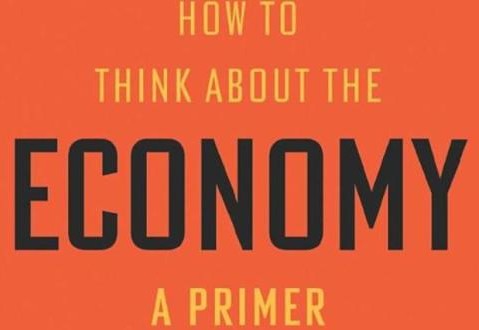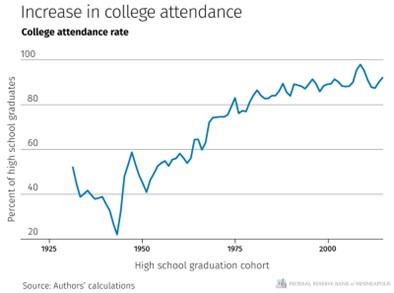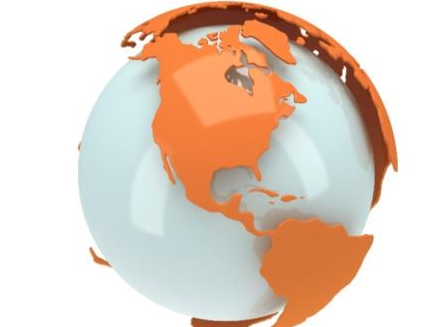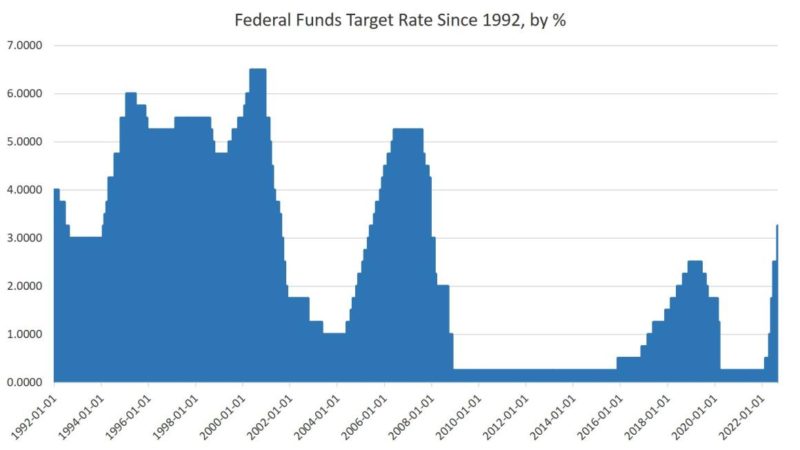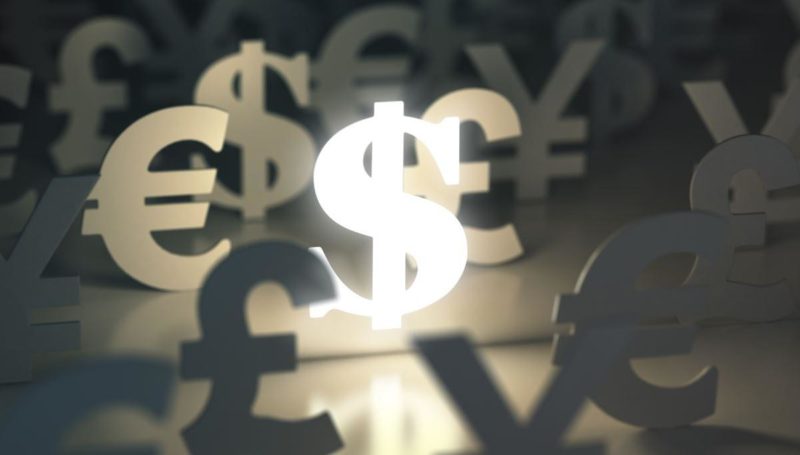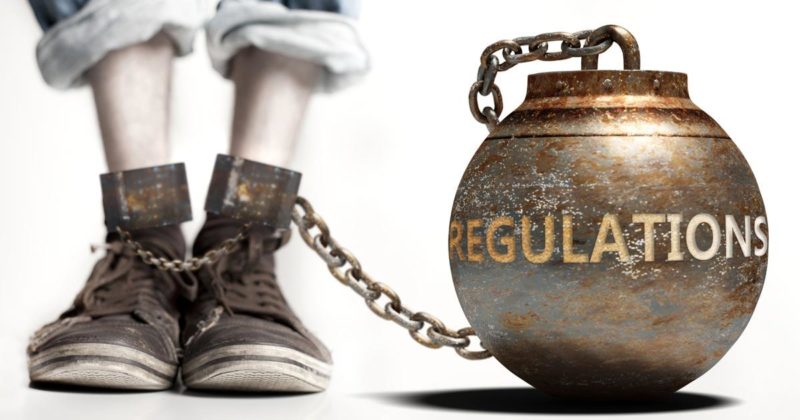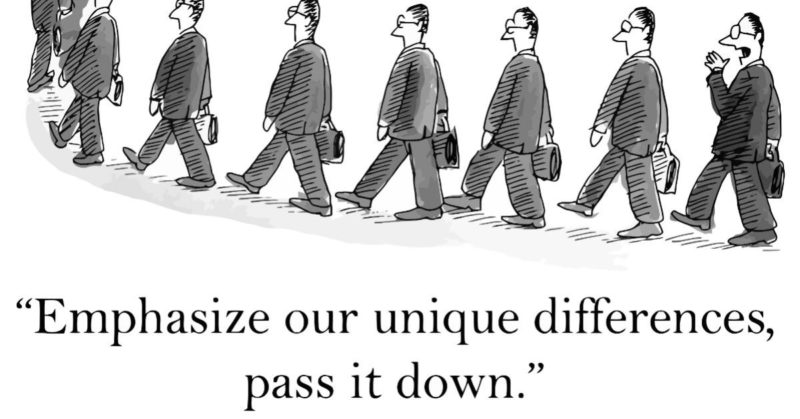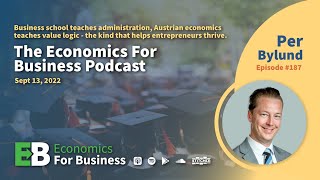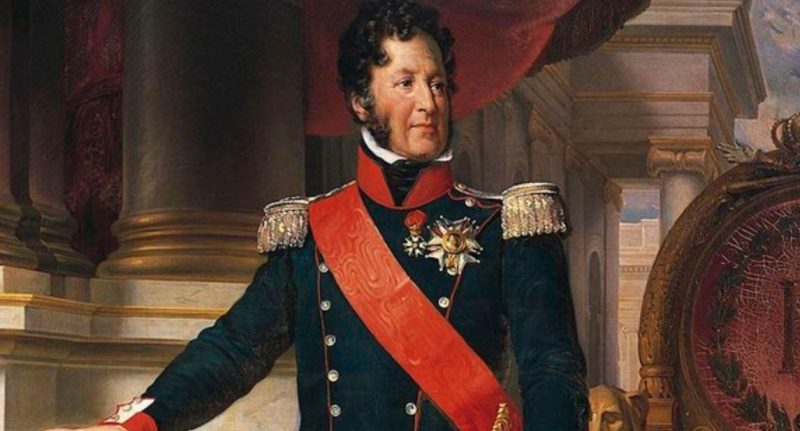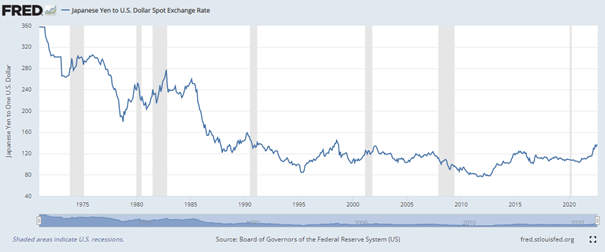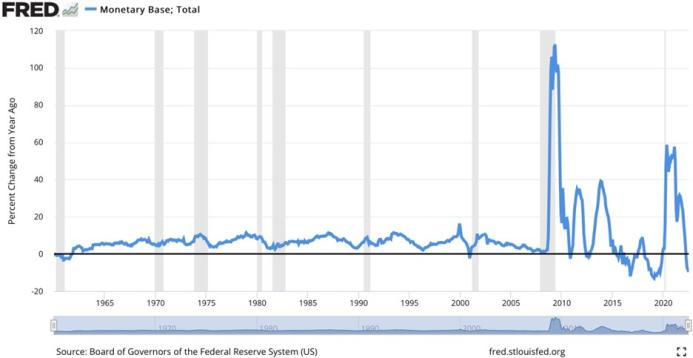Category Archive: 6b.) Mises.org
How to Think about Economic Theory
[Chapter 2 of Per Bylund's new book How to Think about the Economy: A Primer.] Like other sciences and fields of study, economics is a body of theory. Theory is a collection of explanations that allows us to understand something. Economic theory allows us to understand how an economy works.
Read More »
Read More »
Seeing the Student Loan Crisis as a Form of Boom and Bust
In a market economy, prices are determined by supply and demand: how much of a quantity is being offered and how much value people place on that good relative to other goods. However, with great government power comes potential for great government irresponsibility: artificially lowering prices for some either through outright money printing or by taxing some to subsidize others.
Read More »
Read More »
The Other Immigration Question: Should People from Wealthy Countries Migrate to Poorer Ones?
The immigration debate has polarized societies across the Western world. Objectors assert that the influx of migrants has corroded social relations, and defenders argue that immigrants release a dose of entrepreneurial dynamism. Debates will persist because it’s unlikely that people can be discouraged from migrating to rich countries in the West. Migrants will continuously flock to places like America and Canada, since they provide better...
Read More »
Read More »
The Idea of Liberty Is Western
[This article is excerpted from chapter 21 of Money, Method, and the Market Process, a collection of essays selected and edited by Margit von Mises and with an introduction by Richard M. Ebeling.]
Read More »
Read More »
The Fed Is Finally Seeing the Magnitude of the Mess It Created
When asked about price inflation in his Sunday interview with 60 Minutes, President Biden claimed that inflation "was up just an inch...hardly at all." Biden continued the dishonest tactic of focuses on month-to-month price inflation growth as a means of obscuring the 40-year highs in year-over-year inflation.
Read More »
Read More »
What Economics Is
Economics is an exciting field. The economics of old sought to uncover how the world works. It showed, or even proved, that there is a natural order to it. There is structure to the apparent chaos. The economy has something of a life of its own: it has a nature.
Read More »
Read More »
Does Capitalism Itself Create Economic Instability or Is Central Banking the Culprit?
Instability in financial markets has brought back the ideas of post-Keynesian school of economics (PK) economist Hyman Minsky. Minsky held that the capitalist economy inherently is unstable, culminating in severe economic crisis, accumulation of debt being the key mechanism pushing the economy toward a crisis.
Read More »
Read More »
Central Bankers Are Gaslighting Us about the “Strong Dollar”
On February 8, the Japanese yen fell to a 24-year low against the dollar, dropping to 143 yen per dollar. Not much has changed since then with the yen hovering between 142 and 144 per dollar. In September of 2021, one only needed 109 yen to buy a dollar.
Read More »
Read More »
Why the Fed Usually Ignores its Mandate for “Stable Prices”
In recent years, Congress has attempted to add various new mandates to the Federal Reserve's mission. In 2020, Democrats introduced the "Federal Reserve Racial and Economic Equity Act." Then, in 2021, pundits and politicians were telling us that it's the Fed's job to "combat climate change."
Read More »
Read More »
Review: Free Market: The History of an Idea
Jacob Soll is a distinguished historian, and Free Market contains much of value, but the book cannot be considered a success, and indeed as it reaches the twentieth century, it becomes a disaster. Even in the parts of the book worth reading, Soll is in the iron grip of a central thesis, one that his historical approach by its nature makes impossible to prove.
Read More »
Read More »
Socialism Is Not Groupthink, but Statethink: A Brief Comment on Jordan Peterson
According to Jordan Peterson, left-wing totalitarians are characterized by an ideology in which group identity is paramount. I will demonstrate that this is a misconception. Historically, socialists have fought against feudalism and capitalism in the name of emancipating the individual from any kind of group or class identity.
Read More »
Read More »
Wages, Unemployment, and Inflation
Our economic system—the market economy or capitalism—is a system of consumers' supremacy. The customer is sovereign; he is, says a popular slogan, "always right." Businessmen are under the necessity of turning out what the consumers ask for and they must sell their wares at prices which the consumers can afford and are prepared to pay.
Read More »
Read More »
The Truth about American Inequality
Economist and Mises Institute Associated Scholar Robert Ekelund recently teamed up with former US Senator Phil Gramm and John Early to write The Myth of American Inequality: How Gernment Biases Policy Debate. The book was released this month by Rowman and Littlefield Publishers.
In it, the authors explore some of the many ways that the debate over inequality in the United States is based on bad research, bad data, and a variety of other...
Read More »
Read More »
Per Bylund: The Austrian School Approach to Business versus the Business School Approach
Business is a form of applied economics. Its purpose is to make people’s lives better. Profit is the signal from society that business is doing a good job in the customer’s estimation.
Read More »
Read More »
Molinari Explains the Difference between Monarchy and Popular Government
With the impending burial of the United Kingdom’s Queen Elizabeth II, republicans from London to Sydney have ramped up their efforts to end the British monarchy. The resulting war of words between monarchists and their opponents has highlighted the sheer diversity of opinions over the desirability of monarchy.
Read More »
Read More »
Government Intervention into International Currency Exchange Rates: Japan as a Case Study
The recent hefty depreciation of the yen to a twenty-four-year low against the dollar has raised eyebrows due to the yen’s traditional safe haven role in times of turmoil, such as the war in Ukraine. The yen’s decline had already started when major central banks signaled a tightening of monetary policy to fight inflation while the Bank of Japan (BoJ) doubled down on its loose monetary policy and zero target for ten-year bond yields.
Read More »
Read More »
Powell’s Pivot to “Pain” but No Gain: Triggering the Coming Recession
Jay “The Inflation We Caused Is Transitory” Powell finally did it. On Friday, the Fed chair finally mustered the courage to say that he is going to do the job he has been hired to do: the Fed will not “pivot” to cut interest rates until inflation slows meaningfully and persistently—even if the stock, bond, and housing bear markets become much worse and the economy goes into recession.
Read More »
Read More »









